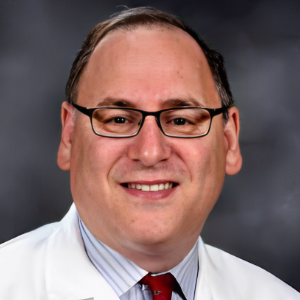Title : Advances in treatment of metastatic stage IV melanoma through modulation of the microenvironment of metastases using immune checkpoint modulators and subsequent use to treat micrometastases in the adjuvant setting
Abstract:
Melanoma metastases develop through genomic changes in the tumor cells and through microenvironmental factors that create an immunosuppressive tissue microenvironment. Historically the median life expectancy for patients with stage IV melanoma was less than one year. Modulation of immune checkpoint protein activity particularly through inhibition of programmed death-1 protein (PD-1) alone or in combination with other modifiers has translated into increased rate of durable responses and survival benefit. Currently in the United States approved treatment options include single agent anti-PD-1 inhibitor, combination PD-1 and CTLA-4 inhibition and combination PD-1 and LAG-3 inhibition. Proper patient selection for these options is crucial. This efficacy has led to investigation of benefit in the adjuvant setting following resection of stage IIB, IIC, or III melanomas. Novel combinations also are under active investigation including neoadjuvant approaches to kill micrometastatic tumor cells leading to regeneration of a normal tissue environment. This presentation will detail real world best practice use and patient selection of the different immunotherapy treatment regimens to treat clinically detectable metastatic melanoma and in the adjuvant setting for high risk resected melanomas.
Audience Take Away:
- Treatment of clinically detectable stage IV melanoma through modulation of the tumor immune microenvironment and how to best select amongst the different treatment options. stage II and III melanoma
- Strategies to manipulate microenvironment of tumor micrometastases to allow for use of immune modulators as adjuvant therapy in patients with high risk resected melanoma.
- Understand investigational clinical approaches to manipulate with therapeutic efficacy the melanoma tumor microenvironment



